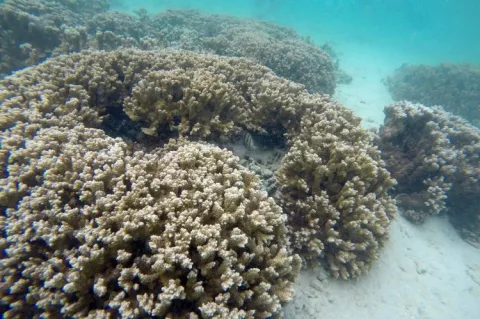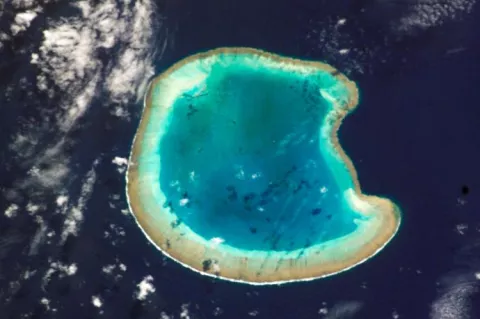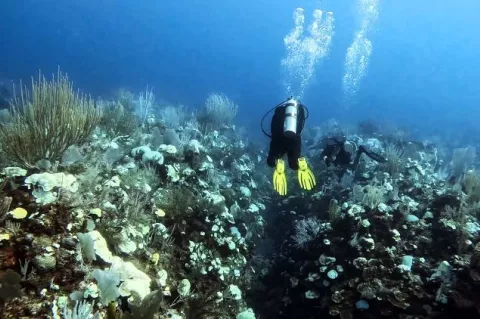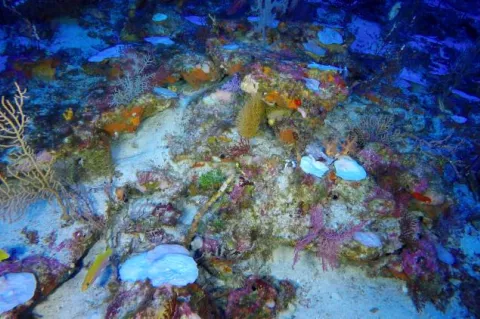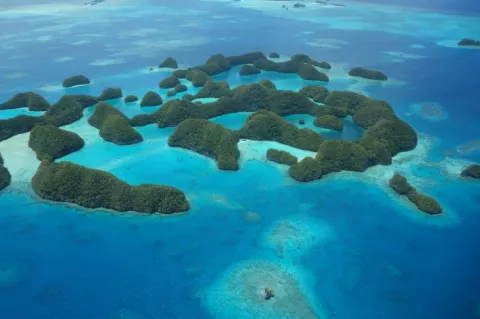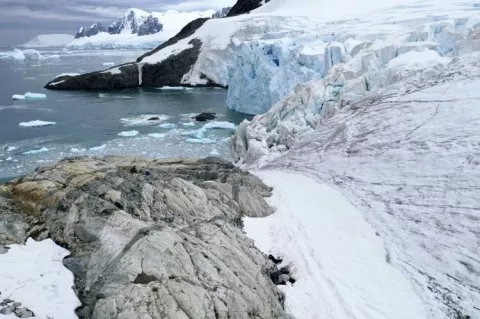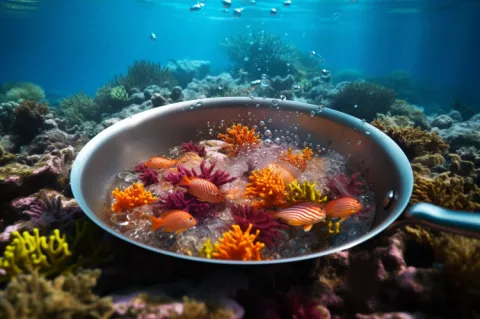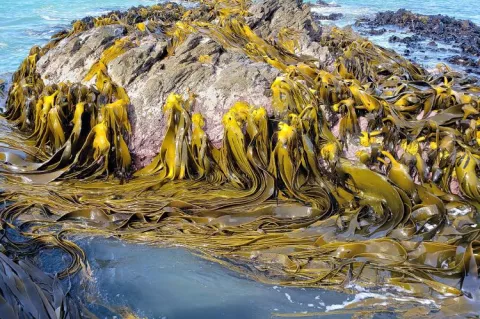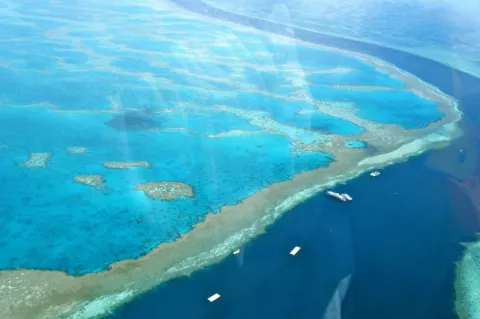Coral Resilience Under Climate Stress: Insights from Hawaiian Reefs
In 2015, amidst a marine heatwave, Barott’s team tagged numerous coral colonies, initiating a study on coral adaptability. Their focus: the rice coral (Montipora capitata) and finger coral (Porites compressa), two dominant species in the region. Over the years, multiple heatwaves provided a unique opportunity to observe coral responses, revealing both resilience and vulnerability.

